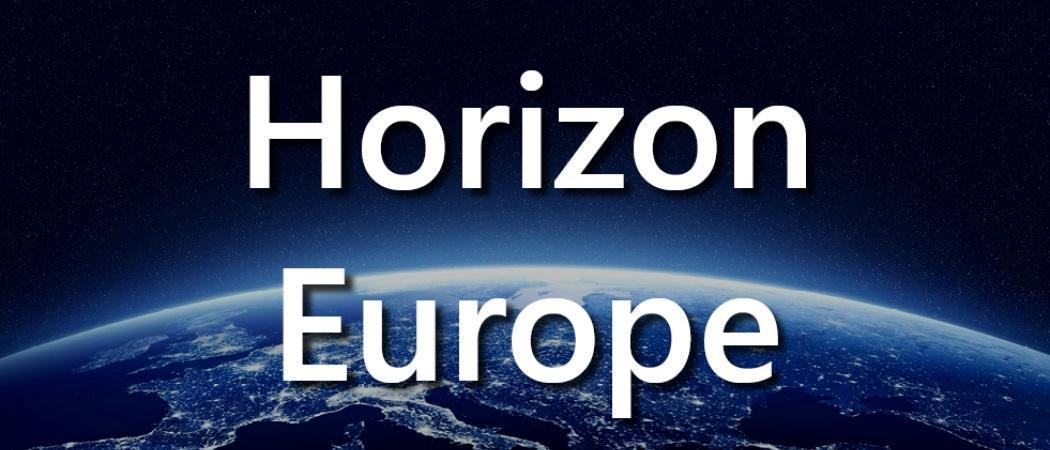Association agreements will have broad provisions that are the same for all countries, but the process of concluding them is slow because each agreement needs to reflect differing political and economic relationships

The UK’s association to Horizon Europe has been agreed “in principle” and awaits Parliament’s scrutiny, while agreements with Israel and Switzerland could be finalised by the end of the year, EU officials said at a Science|Business conference on Tuesday.
Margrethe Vestager, the European Commission’s executive vice-president for digital affairs, said the EU and the UK are coming closer to finalising a draft agreement for the UK to become an associate country in EU’s seven-year research and innovation programme. “There's agreement in principle on this draft version,” she said.
The agreement has yet to be scrutinised by the European Parliament, but in the meantime UK organisations are able to participate in Horizon Europe calls, providing the association agreement is officially adopted before the grants are signed. “I think we're on a good track here,” said Vestager.
Earlier this week, the European Research Council announced it will welcome ‘conditional’ applications from researchers based in the UK, and from Switzerland, Israel and other countries that were associated in Horizon 2020, for funding in a call announced on Monday, despite the fact that the participation rules for these countries are yet to be settled.
Simona Kustec, Slovenia’s education and science minister, noted Norway and Iceland will also be associated countries in Horizon Europe, by virtue of their membership in the European Economic Area, by the time Slovenia takes over the helm of the EU Council in July. Agreements with Israel and Switzerland are likely to be concluded later in this year, during Slovenia’s mandate. “Cooperation with the rest of the world needs to be put into the heart of our further work and activities,” said Kustec.
While association agreements have broad provisions that are the same for all countries – mainly to prevent money laundering, the financing of terrorism and tax avoidance – Vestager said the association process is slow because of country-specific political, economic, research and innovation relationships between the EU and its partners. “We don't think that that one agreement fits every political purpose,” said Vestager.
For example, the UK will not have access to financial instruments through the European Innovation Council. “That sort of follows the logic that the UK will not be part of the European Union's financial framework and the financial instruments for the next long-term budget,” Vestager said.
Open to the world?
Switzerland has been involved in previous research programmes and is one of the most successful countries in the grant competitions. However, the negotiations for Horizon Europe were derailed by a parallel bilateral negotiation on more integration between the EU and Switzerland in five key areas: the free movement of persons, mutual recognition of industrial standards, agricultural products, air transport and land transport. In a referendum last year, Swiss voters rejected a proposition to end free movement with the EU.
Kustec said, “political questions unrelated to research and innovation policy” remain unresolved, but “I see willingness on both sides so I remain optimistic that Switzerland might be associated by the end of the year as well.”
In the case of Israel, Kustec said the Slovenian presidency will do “everything in our responsibility” to finalise the association agreement that would allow more than 25 years of cooperation in research and innovation to continue.
Researchers in Australia, Canada, Japan, the US and other countries have been involved in the past in individual research projects funded through the EU’s framework programme, but these countries have never signed an association agreement with the EU. Kustec said that is still a possibility, but did not give details as to when and how it could happen. “Having them as full partners on equal footing with other EU member states, that would be my dream to come true,” she said.
Cooperation at odds with technology sovereignty
The EU is finalising association agreements that enable cooperation in research and innovation with the rest of the world, while it is seeking to become less reliant on technologies from outside the bloc to increase its resilience to future crises.
However, Vestager said open scientific and technology cooperation is still possible with like-minded partners who share EU’s basic values. “I would never say strategic autonomy without ‘open’ in front of it,” she said.
According to Vestager, the EU is a preferred trading partner for 74 countries, and the bloc’s prosperity comes from trade. “For me, open and strategic autonomy come together as a beautiful merger that I hope will not only serve Europeans well, but of course also our partners on this planet,” she said.
Editor’s note: This article was updated 24 February to better explain the negotiations between Switzerland and the EU.





 A unique international forum for public research organisations and companies to connect their external engagement with strategic interests around their R&D system.
A unique international forum for public research organisations and companies to connect their external engagement with strategic interests around their R&D system.